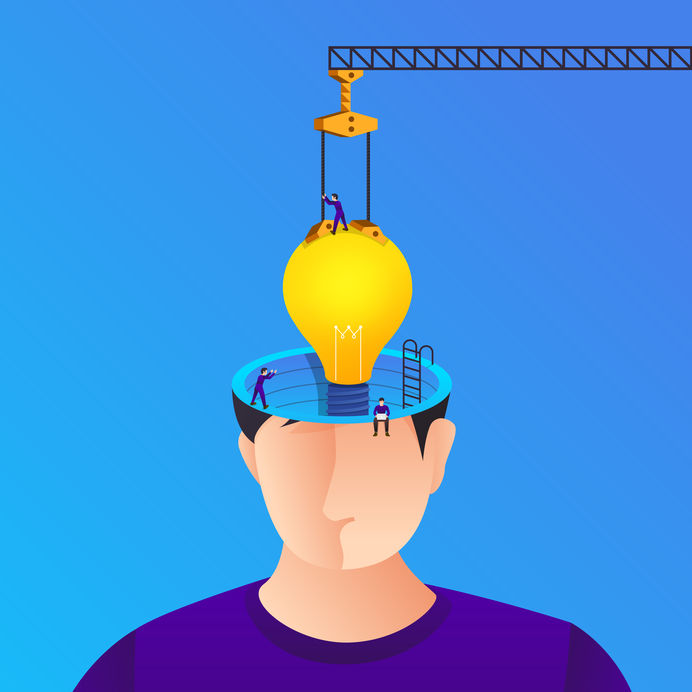#1 The Invention must be Useful, Novel and Non-obvious
Utility patents in the United States and its territories are governed by the United States Patent and Trademark Office (USPTO). To obtain a patent, an inventor must demonstrate that the invention is useful, novel and non-obvious.
- Useful, meaning that it fulfills a function, beyond being ornamental and / or aesthetic.
- Novel – meaning that it has not been invented before. If the same invention is created by more than one person separately, the patent is available to the first to apply, but not the first to invent.
- Not-obvious – meaning that it has to be shown that the invention was not obvious to a person with knowledge or skills in that area.
Ornamental elements applied on useful objects are the subject of design patents, as long as they prove to be novel, and not obvious.
#2 There are Probably Inventions Similar to Yours.
Inventing is costly. That’s why before you invest time and money in modeling, iterations and prototypes, and long before you apply for a patent, do some research. It is important to see if there are inventions similar to yours; and whether or not they are patented. You will not be able to acquire a patent on elements of your idea that are already known and/or protected. Therefore, perform a “Prior Art Search”.
A Prior Art Search is a comprehensive investigation of different sources, to determine the “patentability” of an invention. The search is carried out in databases, publications and other sources where an invention can be publicized. These include USPTO databases, Google Patents, and hundreds of other sources, both government and industry, nationally and internationally.
It is preferable that this search be carried out by a person or entity with experience and expertise in this area, such as a lawyer, patent agency or “prior art search firm”. It involves a robust research and knowledge of a technical language to interpret publications, applications and patents.
#3 Your Employment Situation may Affect your Invention.
If you are an employee, and your job involves creating intellectual property (e.g. Graphic designer, programmer, engineer) you are likely to be subject to confidentiality, non-compete and/or IP rights assignment agreements with your employer.
The confidentiality agreement obliges the employee not to disclose and/or use information referred to as confidential by their employer within their employment relationship. Therefore, if an employee uses information acquired through their employment, for purposes unrelated to their job, such as developing an invention on their own, he/she may be violating his/her obligation to preserve and not disclose or otherwise use confidential materials.
On the other hand, an agreement not to compete prohibits the employee from working in or for purposes and companies that may compete with the products and services offered by the employer. This can be extended even after the employee’s relationship ends. Therefore, if an employee in his/her spare time develops an invention on his/her own, which can be considered as “competition” of his employer, the employee may be violating his/her non-compete obligation.
And finally, the “IP Assignment” constitutes an agreement in which you as an employee grant your employer all intellectual property rights in creations made as part of your work or performed with employer materials and/or during working hours. So, if you, in your free time, develop an invention or creation and it relates to the tasks that you normally do for your work, that invention could be the property of your employer and not yours.
To see how far your limitations go, take a good look at the agreements you have with your employer, if any, to inventions created in your own time and with your own materials.
#4 Applying for a Patent is to Publish your Invention.
Applying for a patent can be viewed as a contract between inventors and the public (government) in which inventors, in exchange for making their invention public, are granted a limited monopoly over it. This will prevent others, for a limited period of time, from using, manufacturing, selling, importing or offering to sell the invention (USA).
By applying for patent protection, you waive the ability to keep your invention confidential. When your invention is public, you will not be able to obtain protection as a trade secret.
It is important to analyze the probability of success for a patent. Alternatively, it is possible to maintain ownership over the invention as a trade secret. Trade secrets can be information, objects, inventions and/or any asset that generates value for a company and its value is the product of its confidentiality.
Unlike patents, trade secrets do not expire, as long as they are not made public. However, once made public, it ceases to be secret and loses its protection. In addition, what is granted with a trade secret is to prohibit third parties from using and/or disclosing that asset. So, if other people decipher or invent your secret through lawful processes, such as reverse engineering, they can now use your secret.
To continue reading Part 2 of this blog, click here.


